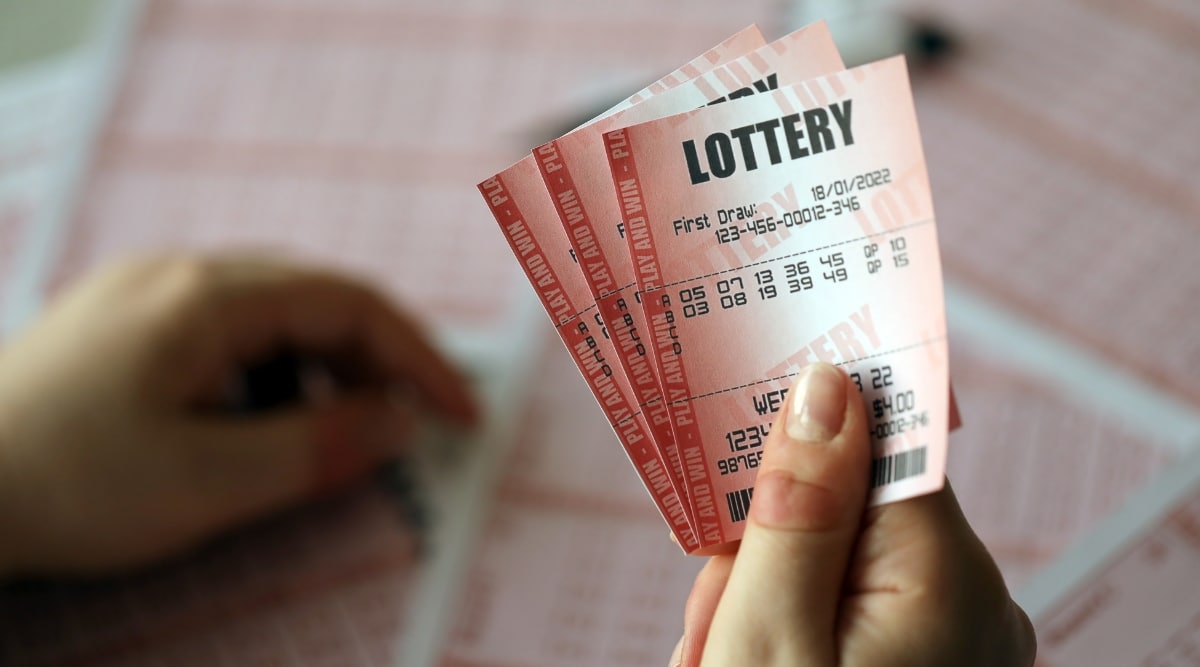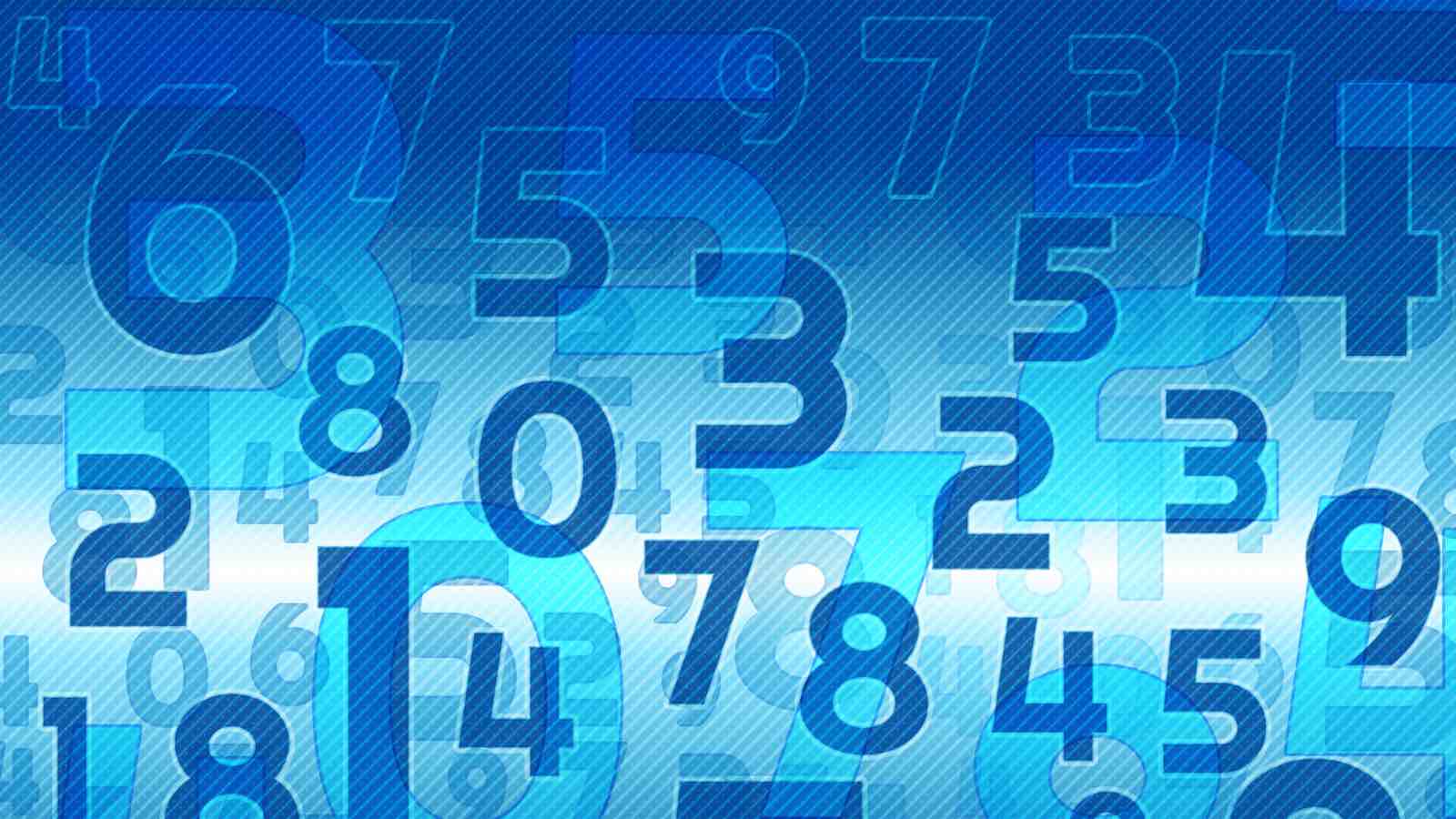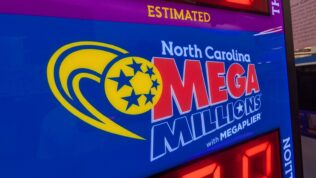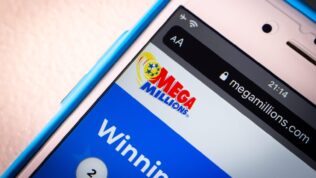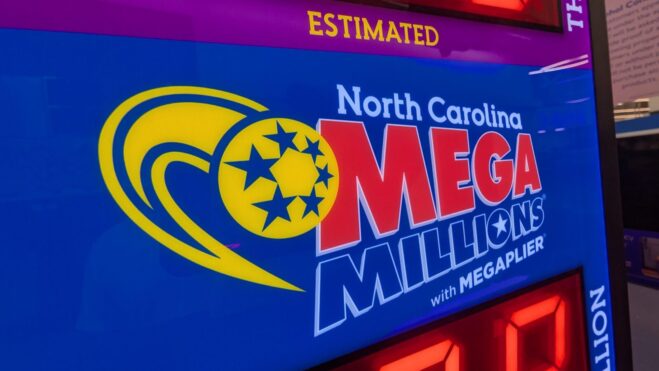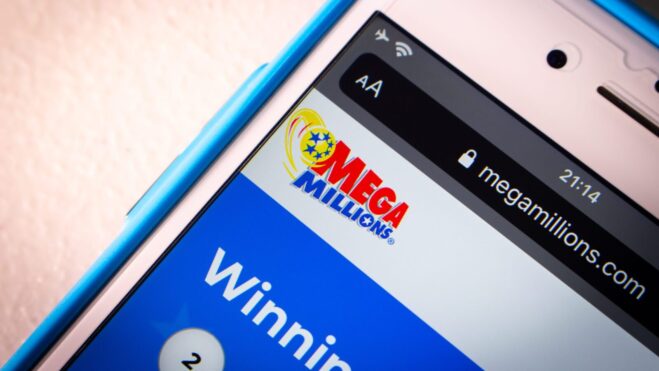The times are changing in the gambling scene. Sports betting is flourishing. New technologies are connecting the world more now than ever before. What worked in the past probably won’t work today. Almost every industry has had to adjust. How are lottery industry leaders evolving? What does the future look like for lotto product offerings? That’s precisely what Lottery Geeks set to find out.
In Lottery Geeks’ previous interview with Canadian professional sports bettor Josh Lucca, he suggested that once prospective gamblers tried sports betting, they’d never go back to playing the lottery. Why? Unlike buying a lottery ticket or throwing some money at those scratch games found at the gas station, sports bettors can find wagers that supposedly give them an edge.
Therein, those punters have much more of a chance to make money. Although a fair amount of people gamble for the social aspect, many studies over the years show that a good chunk of people wager to make money, even if it means going into debt to achieve that goal.
That said, the executives entrusted with transitioning the lottery in an everchanging market sector don’t fear the rise of sports betting. Business Research Insights projects the global lottery industry will be worth roughly $529 billion by 2031. A 2021 study referenced by ReportLinker said the U.S. online lottery market was worth $2.3 billion, accounting for nearly a quarter (23.7 percent) of the global online market. It’s abundantly clear to industry insiders that the lottery has two feet to stand on.
Executives also often tell the sports betting naysayers not to forget that many lotteries already offer sports-related pools. For example, the Ontario Lottery and Gaming Corporation offers $5 contests where bettors try to pick all the game winners in a given league right to win a certain amount of money (depending on how many people buy into the pool). OLG has been offering these pools for years and has been moderately successful.
With the legalization of single-event wagering in Canada, OLG, like many other lottery companies across North America, has decided to open its own sportsbook to compete with the newcomers to the market. In other words, instead of fearing the sports betting revolution, executives are gearing their companies to join in on the action and compete with cornerstones of the sports betting industry. Will these lottery companies be able to stand up on the mat with such hard hitters as bet365, Bet MGM, Fanduel, and Draft Kings? The jury is out on that one.
Nevertheless, the lottery industry is learning much from how its sports betting competitors utilize emerging technologies to grow, expand, and sell their products to a new demographic.
According to a 2023 special report from IGT, if there’s one thing lottery companies can do is focus on the “micro-moments.”
What do the authors of the report mean by that?
“Smartphones … enable consumers to transform even the briefest span of time into opportunities for bite-sized entertainment or work and life administration. Foresight Factory found that 43 percent of consumers globally say they use their smartphone every day to manage their work or school life, up from 33 percent in 2019. The same proportion use their smartphones to manage their personal life, up from 37 percent in 2019.”
There’s an “exciting opportunity” for lottery companies to tap into the trend by creating products that occupy only a short amount of a consumer’s time. An example might be instant plays that can be done through a lottery company’s app.
The one thing to keep in mind is there would most likely be legislative hurdles to jump through to create such instant games. There are still many states that don’t allow online lottery ticket sales and some that don’t sell lottery tickets at all. Add in the fact that The Wire Act of 1961 still makes it hard for lawmakers to agree to specific rules regarding gambling. That said, a solution can be found if there’s an appetite for one.
And even if some states don’t allow online lottery playing, it isn’t the end of the world. The lottery can develop apps to build relationships with the consumer and better its retail offerings in the state.
Melissa Pursley, Senior Vice President of Lottery Product and Sales Development at IGT, explained the concept in an interview with PGRI. “The Hoosier Lottery was one of the early jurisdictions to build a ‘convenience’ app. We call it a convenience app as opposed to a selling app, but that doesn’t make it less powerful. The Lottery quickly saw the value in turning an anonymous consumer into a player who interacts with the Lottery. It enables the two-way communication that benefits players and helps us understand how to deliver more and better value to them.
“It fuels the Customer Relationship Management platform that is so vital for all market-driven/customer-first companies. The mobile app also feeds our data management platform, which informs the media choices we make to connect with players, and enables our media spending to be more strategic, more tactical, and allocated to where it is maximizing impact. It all adds up to a very positive value.”
By building a relationship with the consumer through the app, lottery companies can market its products while adhering to the regulations around gambling advertisements. Such a strategy allows companies to properly spend the budget it has set aside for media expenses.
Pursley explains, “Let’s say an agreement is reached in media planning to spend 35 percent of the media budget on digital channels. Fifteen years ago, we would have bought websites that had the most traffic of a specific demographic. Now, we can connect more directly with players and non-players based on more specific goals and based on their behaviors — not on what website they go to, but why they go there, what they are looking for, and where they might be going next. We are buying an attitude, a behavioral profile, and a segment of players as opposed to a group of websites.”
